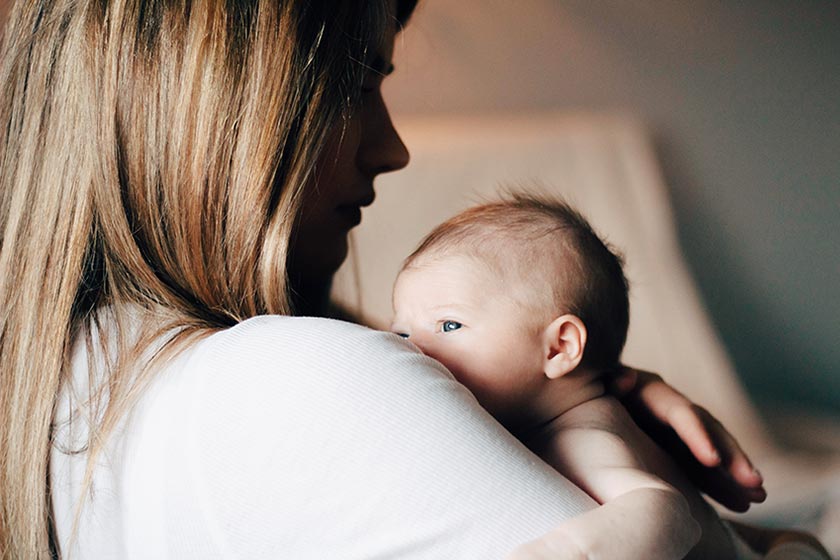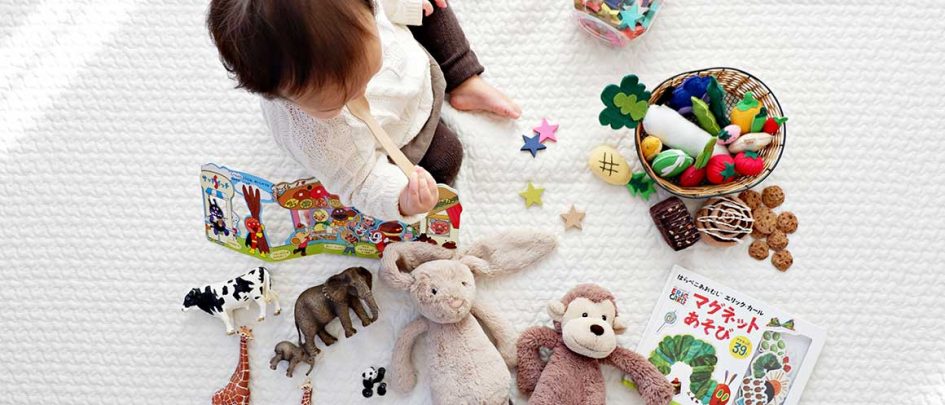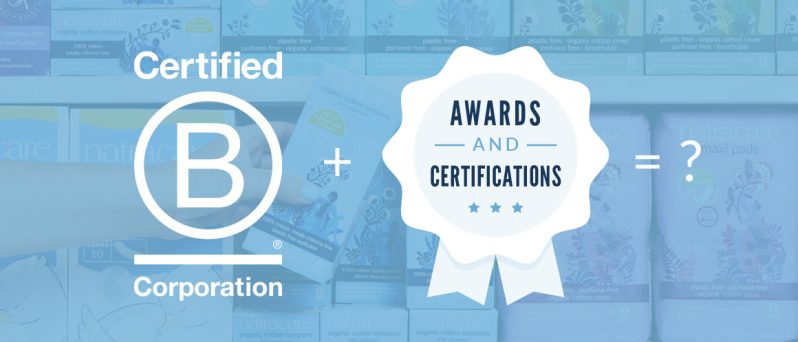Breastfeeding, if you choose to do it, can be a very rewarding and bonding experience. A moment of quiet in an otherwise busy day, the exchange of the bonding hormone oxycontin, the opportunity to look down at your child’s face and see contentment… perfection.
You might feel like you’ve learnt all there is to know about breastfeeding. However, at some point, your breastfeeding journey will come to an end. It can be an emotional time, but also an exciting one, as you watch your little one take their first step into independence. So, what do you do when you want to stop breastfeeding? We’ve gathered some advice below:

When should I stop breastfeeding?
As with so many things to do with parenting (and life!), there is no right or wrong answer. Every child is different and when to stop breastfeeding depends on so many factors, i.e. is breastfeeding enjoyable and easy for you? Is your little one already eating solid food? How frequently are they feeding from you? There are lots of questions to consider.
You may have practical reasons for deciding to stop, such as going back to work, or if you’ve become pregnant again. Or you may be experiencing physical problems while feeding your child, such as painful nipples or thrush.
The World Health Organisation recommends that you breastfeed until your child is at least six months old, and suggests that you carry on up until they are two. Of course, this might not be possible for a number of reasons, and each parent will make their own decision about when to stop.
If you’re keen to carry on breastfeeding but you feel that you don’t have enough support, reach out to your health visitor or another breastfeeding specialist in your community. They will be able to provide practical advice about overcoming difficulties, and information on where you can meet other breastfeeding mums.

Moving onto solid food
Once they’re eating solids, your child will still need to have breast milk or formula as their main drink until they’re at least one year old. It’s important that solid food doesn’t just replace breast milk. There’s evidence that breast milk may play a part in helping the digestive system deal with solid food.
It’s also possible to give your child a mixture of breast milk and formula, rather than one or the other. This can be a great solution if the primary breast feeder is returning to work, there can be a balance of being able to breastfeed or having formula on hand.
Check with your health visitor about what is best for you, though – all children are different.
Weaning Slowly
Babies breastfeed not only when they’re hungry, but also when they are seeking comfort. Weaning them off breast milk slowly will help to make the transition as smooth as possible. Not only for your child, but for your body, too. Stopping too quickly can sometimes lead to engorged breasts. This can sometimes lead to mastitis, which is an inflammation of breast tissue.
If for some reason you do need to stop breastfeeding suddenly, you can use a pump to make sure that you’re still expressing milk and that your breasts aren’t becoming engorged or painful.
Mothers sometimes feel a sense of grief and loss when they stop breastfeeding – it’s an emotional time to no longer be connected to your child in that way. Go easy on yourself, access support, whatever that looks like for you, and take your time. There are plenty of other ways to be connected to your little one.

Pick your timing
Stopping breastfeeding can be stressful, so make sure that you pick the right time. If your child is ill, or is just recovering from illness, they might be needier than usual – and also might benefit from the nutrients from breast milk more than usual.
Equally, if you’re going through something stressful in your own life, it might not be the right time to introduce this major change. It can be stressful to know that your little one is craving a feed, and your resilience might be lower if you’re already stressed, so you might find yourself giving in and breastfeeding them anyway, which will prolong the process and send mixed messages.
No matter how you plan to stop breastfeeding, or when you plan to do it, there is plenty of support available. You can find a UK directory here – and there are similar lists for other countries, too.
Do you have any tips for stopping breastfeeding?












